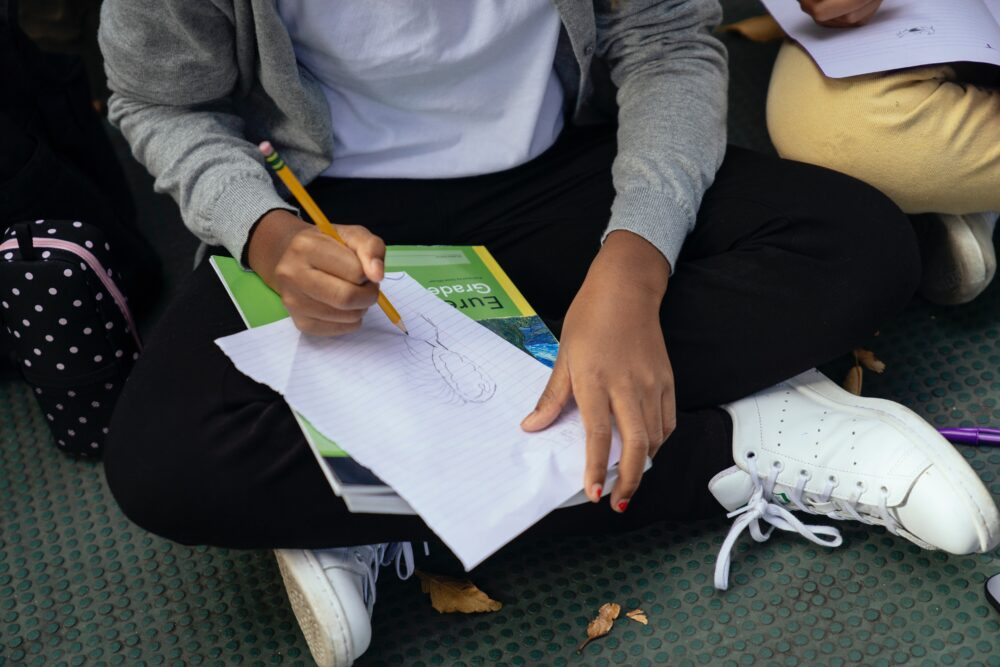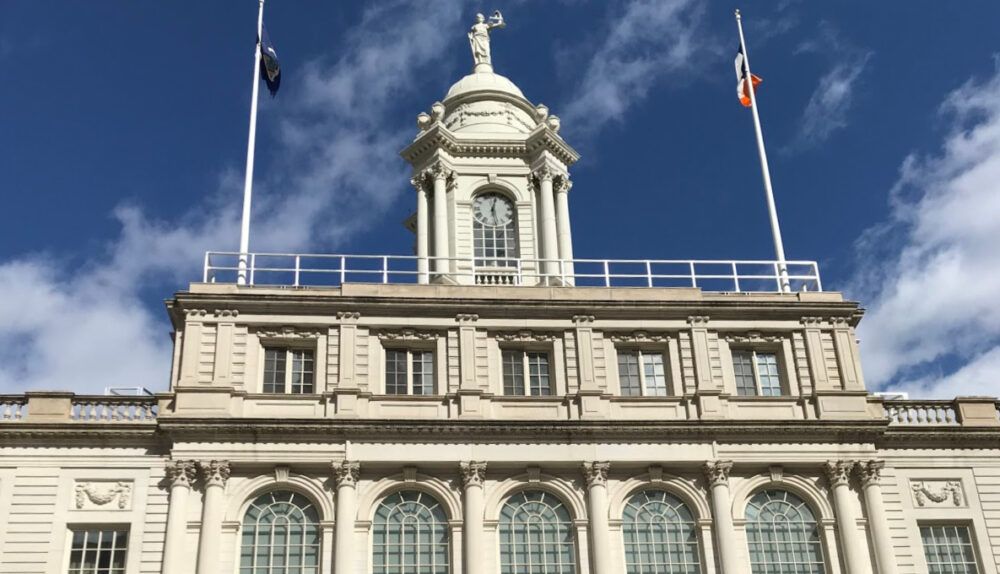Preliminary Budget Would Cut Key Supports for Students who are Homeless
Advocates for Children of New York (AFC) issued the following statement in response to the release of the City’s Fiscal Year 2020 Preliminary Budget.

The Preliminary Budget released today by Mayor Bill de Blasio would eliminate funding for the Department of Education’s Bridging the Gap social workers for students living in shelters. Currently, there are 69 Bridging the Gap social workers who work in schools with high populations of students living in shelter, but the funding expires at the end of the school year. For the past two years, the Mayor has omitted the funding from his Preliminary Budget, restoring the funding in his Executive Budget following an outcry from advocates and elected officials. This year, the Mayor has, once again, omitted the funding from his Preliminary Budget.
“We are appalled that the Mayor continues to play budget games with critical supports for students living in shelters,” said Kim Sweet, Executive Director of Advocates for Children of New York. “With more than 100,000 students experiencing homelessness, the City should be increasing the number of Bridging the Gap social workers, not putting the continuation of the program in jeopardy.”
The Bridging the Gap social workers provide counseling to students who are homeless to help address the trauma often associated with housing loss, connect them to academic support and mental health services, and work to address chronic absenteeism.
Since the 2010-2011 school year, the number of New York City students identified as homeless increased by 66%. During the 2017-2018 school year, 114,659 students were identified as homeless by New York City school districts and charter schools. More than 100 city schools have at least 50 students living in shelters and no Bridging the Gap social worker to focus on the needs of these students.


